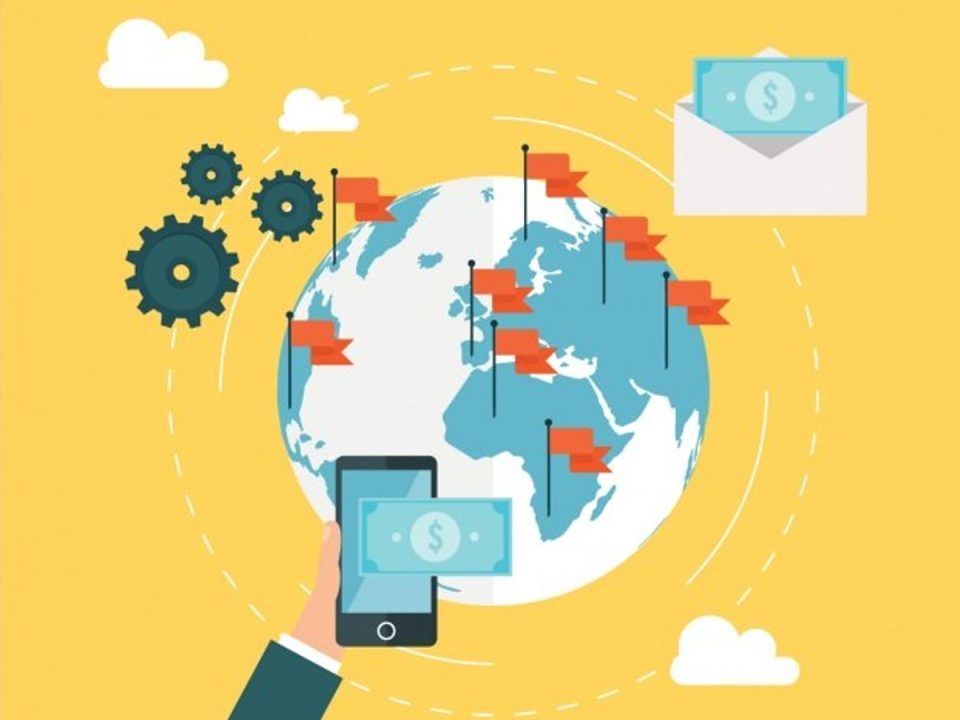The advent of digital payment platforms, have significantly enhanced economic connectivity and commerce across borders. These platforms have not only revolutionized the way transactions are conducted but also facilitated greater financial inclusion, streamlined cross-border trade, and fostered economic growth in previously underserved markets. As digital payment platforms continue to evolve, their role in driving global economic connectivity becomes increasingly critical.
Revolutionizing Financial Transactions
Digital payment platforms have fundamentally changed how financial transactions are executed, making them faster, more efficient, and more accessible. Traditional methods of payment, such as cash or bank transfers, often involve lengthy processes, high fees, and a lack of transparency. In contrast, digital payment platforms enable instant transactions with reduced costs and increased transparency, benefiting both consumers and businesses.
These platforms, which include mobile payment apps, online banking, and digital wallets, have enabled users to transfer money, pay for goods and services, and manage their finances with ease. This has not only improved the efficiency of domestic transactions but also facilitated cross-border payments, allowing businesses to expand their reach and customers to access global markets with minimal friction.
Facilitating Cross-Border Trade
One of the most significant impacts of digital payment platforms is their ability to facilitate cross-border trade. In a globalized economy, businesses increasingly rely on international transactions to source products, access new markets, and engage with customers worldwide. However, traditional payment methods often presented obstacles such as currency conversion fees, slow processing times, and the complexities of dealing with different banking systems.
Digital payment platforms have addressed these challenges by providing seamless and cost-effective solutions for cross-border payments. They allow businesses to transact in multiple currencies, often at competitive exchange rates, and with significantly lower fees than traditional banking services. This has made it easier for small and medium-sized enterprises (SMEs) to participate in global trade, thereby boosting economic activity and fostering innovation.
Moreover, digital payment platforms often integrate with e-commerce platforms, enabling businesses to sell products and services internationally without the need for complex financial infrastructure. This has opened up new opportunities for entrepreneurs and has been particularly beneficial in emerging markets, where access to traditional banking services may be limited.
Read More : The Evolving Impact of AI On The FinTech Industry
Enhancing Financial Inclusion
Digital payment platforms play a crucial role in enhancing financial inclusion by providing access to financial services for individuals and businesses in underserved regions. In many parts of the world, particularly in developing countries, a significant portion of the population lacks access to traditional banking services. This financial exclusion has historically limited economic opportunities and contributed to persistent poverty.
The use of digital payment platforms has helped bridge this gap by offering accessible and affordable financial services to those previously excluded from the formal financial system. Mobile money services, for example, have become widespread in regions such as Sub-Saharan Africa and Southeast Asia, where mobile phone penetration is high but access to banking services is low. These platforms enable users to store money, send and receive payments, and even access credit, all through their mobile devices.
By providing a gateway to the formal economy, digital payment platforms empower individuals and businesses to participate in economic activities that were previously out of reach. This, in turn, promotes economic growth and reduces inequality, as more people gain access to opportunities that can improve their livelihoods.
Promoting Economic Growth and Development
The increased economic connectivity facilitated by digital payment platforms contributes to broader economic growth and development. By reducing the barriers to financial transactions and enabling greater participation in the global economy, these platforms help stimulate economic activity across various sectors.
For businesses, particularly SMEs, digital payment platforms provide the tools needed to scale operations, reach new customers, and compete on a global stage. The ability to quickly and easily process payments, manage finances, and integrate with other digital services allows businesses to focus on growth rather than being bogged down by administrative hurdles.
In addition, digital payment platforms contribute to the formalization of the economy by bringing more transactions into the formal financial system. This has positive implications for tax collection and government revenue, which can be reinvested in public services and infrastructure, further promoting economic development.
Supporting Innovation in Fintech
The rise of digital payment platforms has also spurred innovation in the financial technology (fintech) sector. As consumer and business demand for convenient, secure, and efficient payment solutions grows, fintech companies are continuously developing new technologies to meet these needs. Innovations such as blockchain, artificial intelligence (AI), and machine learning are being integrated into digital payment platforms to enhance security, optimize transaction processing, and provide personalized financial services.
Blockchain technology, for example, offers the potential to revolutionize cross-border payments by providing a decentralized and transparent ledger for transactions, reducing the need for intermediaries and lowering transaction costs. AI and machine learning are being used to improve fraud detection, enhance user experience, and provide tailored financial advice to users.
The continuous innovation driven by the fintech sector ensures that digital payment platforms will remain at the forefront of economic connectivity, offering ever-improving solutions for global commerce.
Digital payment platforms are at the heart of the modern global economy, enhancing economic connectivity by revolutionizing financial transactions, facilitating cross-border trade, promoting financial inclusion, and driving economic growth. The future of the global economy is inextricably linked to the continued advancement and adoption of digital payment technologies, making them a key driver of economic progress in the years to come.
Read More : Global Fintech Series Interview with Dagan Osovlansky, Chief Product Officer at ThetaRay
[To share your insights with us, please write to psen@itechseries.com ]
